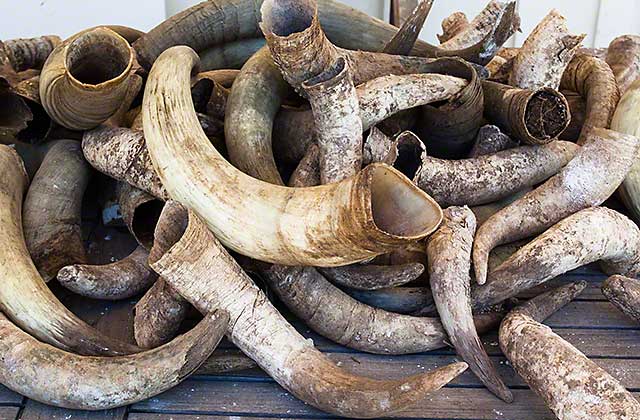Madeline Blasberg is a Certified Wine Consultant who has spent time in Mendoza, Argentina, where she was surrounded by wine, both personally and professionally. Currently, Madeline works as the Official Wine Commentator & Reviewer for Etching Expressions a company specializing in personalized wine bottles.
The Scoop on Biodynamic Wine
By Madeline Blasberg

Have you heard through the grapevine? Wine lovers are abuzz about biodynamic wines and slowly but surely, what began as a fringe moment in agricultural practices has won the attention of mainstream American consumers. With supermarket shelf space more sought after than ever before, biodynamic wines are carving out a place on the rack and in consumers’ shopping carts. But what exactly is a biodynamic wine?
In short, biodynamic farming is a method of organic agriculture, woven together with some astrological claims and homeopathic remedies. Rather than eschewing all industrial chemicals, biodynamic grape growers follow several quasi-religious practices meant to coax out the fullest, most natural expression of the grape itself. They consider moon cycles, positions of zodiacal constellations, and even concoct esoteric homeopathic preparations that are applied to the vines and soil.
Biodynamic farming began in the 1920s with Austrian philosopher, Rudolf Steiner, who was interested in reintroducing spiritual elements into farming – elements that had been all but obliterated during the industrial age of agriculture. Years later Maria Thun, researcher and biodynamic believer, created her first biodynamic calendar in the 1950s. The calendar, and its more recent iterations, are based on the belief that growing conditions are dynamic, linked to the moon’s cycle, and that it is more auspicious to perform certain tasks on certain days. Fruit days, flower days, leaf days, and root days, each are believed to influence how a wine tastes as well as how the grapevine behaves in the vineyard. The calendar dictates when to water, harvest, prune, and pop open a bottle, but it also dictates when farmers should cook up specific biodynamic recipes that are used in the vineyard itself.
These “preparations,” as they are referred to, are introduced to the vineyard at various times throughout the year. Whereas organic farmers are satisfied with compost and manure as fertilizer, biodynamic farmers use time-honored recipes that call for some rather bizarre ingredients. They consist of items such as cow horns filled with manure (Preparation 500), yarrow flowers in a stag’s bladder (preparation 502), chamomile in a cow’s intestine (preparation 503), oak bark in a skull of a domestic animal (preparation 505), and many others that are equally as unappetizing. Preparations may be buried in the vineyard soil, sprayed onto the vines, or placed at strategic locations throughout the farmland. Why all this fuss in the biodynamic kitchen? Preparations are thought to fertilize the soil, protect against pests, and prevent diseases. Nearly every vineyard symptom can be translated into a homeopathic dosage of biodynamic concoctions and practitioners invest a great deal of time and labor in preparing each one.
While biodynamic wines certainly incorporate numerous organic farming practices, the two aren’t considered one and the same. In fact, strangely enough biodynamic principles allow for the use of certain additives that are outlawed by organic winemakers (sulfites, being one of them). Like organic wine, however, biodynamic wine is regulated by certification agencies and the international biodynamics standards group Demeter International.
Numerous studies have been done that pit biodynamic grape farming against standard industrial farming practices, which show that biodynamic farms are superior in terms of soil fertility and biodiversity. However a conclusive comparison of biodynamic and organic agriculture has yet to be done, though biodynamic acolytes insist that the resulting wine should speak for itself. If you’re interested in tasting the impact of the biodynamic calendar and various preparations, visit your local wine shop and seek out a Demeter certified bottle. After all, though biodynamic wine politics and philosophies may be at a standstill – consumer palates will always have the deciding vote.

